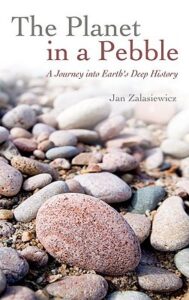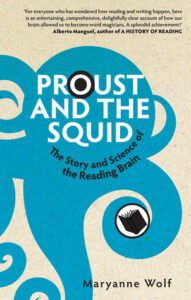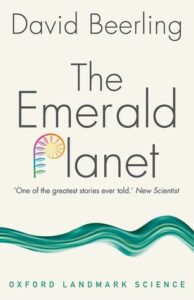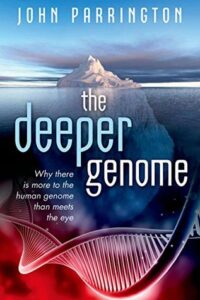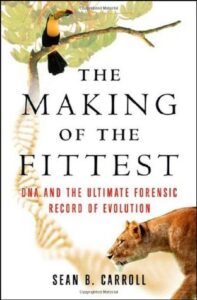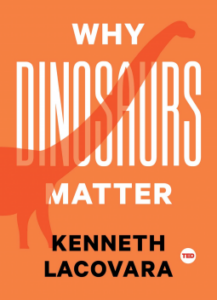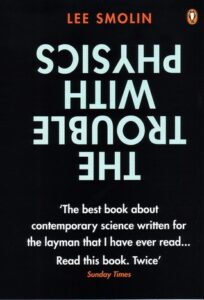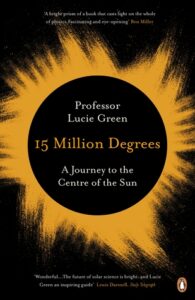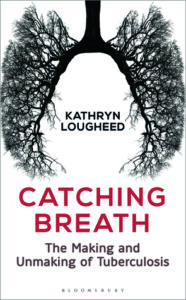 Catching Breath: The Making and Unmaking of Tuberculosis, Kathryn Lougheed
Catching Breath: The Making and Unmaking of Tuberculosis, Kathryn Lougheed
Or mostly the making of it, since unmaking it has been so far beyond human powers.
If you think of TB as something that happens to other people, in other countries, or even only in the past, then this is a necessary corrective. It highlights the disease burden borne in particular countries (usually where poverty and poor nutrition support it), among particular groups (refugees finding it hard to access care; homeless people in London) and in people already suffering reduced immune function (people who have HIV). TB is still very much with us, and there are already strains out there which are completely drug resistant.
Let me say that again: we’re so far from beating TB that there are completely drug resistant strains out there which can only be treated with a Hail Mary approach of toxic antibiotics like kanamycin or surgical intervention. And there have only been two new anti-TB agents in recent years, and neither of them are ready to deploy on a large scale. Oh, and by the way, we don’t even have sufficient global supply of the current first line drugs.
I appreciated Lougheed’s focus on mentioning the fact that this drug resistance isn’t due to people not complying with their medication schedules. Antibiotic resistance naturally arises in TB, even if a patient is observed 24/7 and every pill or shot is administered on a precise timeline. We can’t just put this down to people being careless, though there’s no doubt that in some cases that could cause antibiotic resistance.
If you’re a fan of UKIP, you won’t like Lougheed’s commentary on racism, etc; she shares my views, as far as I can tell from this book, but she’s very vocal in giving little respect to that area of the public. I found her likeable for it, but your mileage will no doubt vary.
Anyway, all in all, this is an interesting, timely, not too technical history of the science of TB, and it’s a bit of an eye-opener even for someone relatively aware of the state of things. I found it very readable and illuminating.

